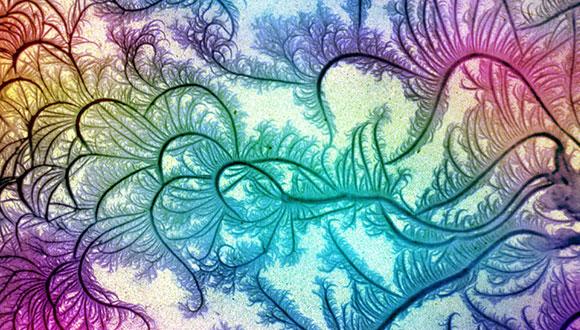סמינר בחומר מעובה: Atomic arrays as programmable quantum processors and sensors
Ran Finklestein, Caltech
Zoom: https://tau-ac-il.zoom.us/j/89168813239
Abstract:
Large arrays of trapped neutral atoms have emerged over the past few years as a promising platform for quantum information processing, combining inherent scalability with high-fidelity control and site-resolved readout. In this talk, I will discuss ongoing work with arrays of Alkaline-earth atoms. These divalent atoms offer unique properties stemming largely from their long-lived metastable states, which form the basis of the optical atomic clock. I will describe the design of a universal quantum processor based on clock qubits and its application in quantum metrology, and I will address the challenge of generating and benchmarking highly entangled states in an analog quantum simulator.
First, we realize scalable local control of individual clock qubits, which we utilize to extend the Ramsey interrogation time beyond the coherence time of a single atom [1]. To realize a universal quantum processor, we demonstrate record high-fidelity two-qubit entangling gates mediated by Rydberg interactions, which we combine with dynamical reconfiguration to entangle clock probes in GHZ states and perform Ancilla-based parity checks [2]. We then use the narrow clock transition to measure and remove thermal excitations of atoms in tweezers (a technique known as erasure conversion) and generate hyperentangled states of motion and spin [3]. In the second part of the talk, I will describe a different approach for generating large-scale entangled states in an analog quantum simulator configuration [4], including error mitigation [5] and benchmarking of a 60-atom simulator [6]. Together, these show the great promise and the large variety of experiments accessible with this emerging platform.
[1] A. Shaw*, R. Finkelstein*, R. Tsai, P. Scholl, T. Yoon, J. Choi, M. Endres, Multi-ensemble metrology by programming local rotations with atom movements, arxiv:2303.16885, Nature Physics in press (2023).
[2] R. Finkelstein, R. Tsai, A. Shaw, X. Sun, M. Endres, A universal quantum processor for entanglement enhanced optical tweezer clocks, in preparation.
[3] P. Scholl*, A. Shaw*, R. Finkelstein*, R. Tsai, J. Choi, M. Endres, Erasure cooling, control, and hyper-entanglement of motion in optical tweezers, arXiv:2311.15580 (2023).
[4] J. Choi, A. Shaw, I. Madjarov, X. Xie, R. Finkelstein, J. Covey, J. Cotler, D. Mark, H.Y. Huang, A. Kale, H. Pichler, F. Brandão, S. Choi, and M. Endres, Preparing random states and benchmarking with many-body quantum chaos, Nature 617 (2023)
[5] P. Scholl, A. Shaw, R. Tsai, R. Finkelstein, J. Choi, M. Endres, Erasure conversion in a high-fidelity Rydberg quantum simulator, Nature 622 (2023).
[6] A. Shaw, Z. Chen, J. Choi, D.K. Mark, P. Scholl, R. Finkelstein, A. Elben, S. Choi, M. Endres, Benchmarking highly entangled states on a 60-atom analog quantum simulator, arXiv:2308.07914 (2023).
מארגן הסמינר: ד"ר יוחאי בר סיני


